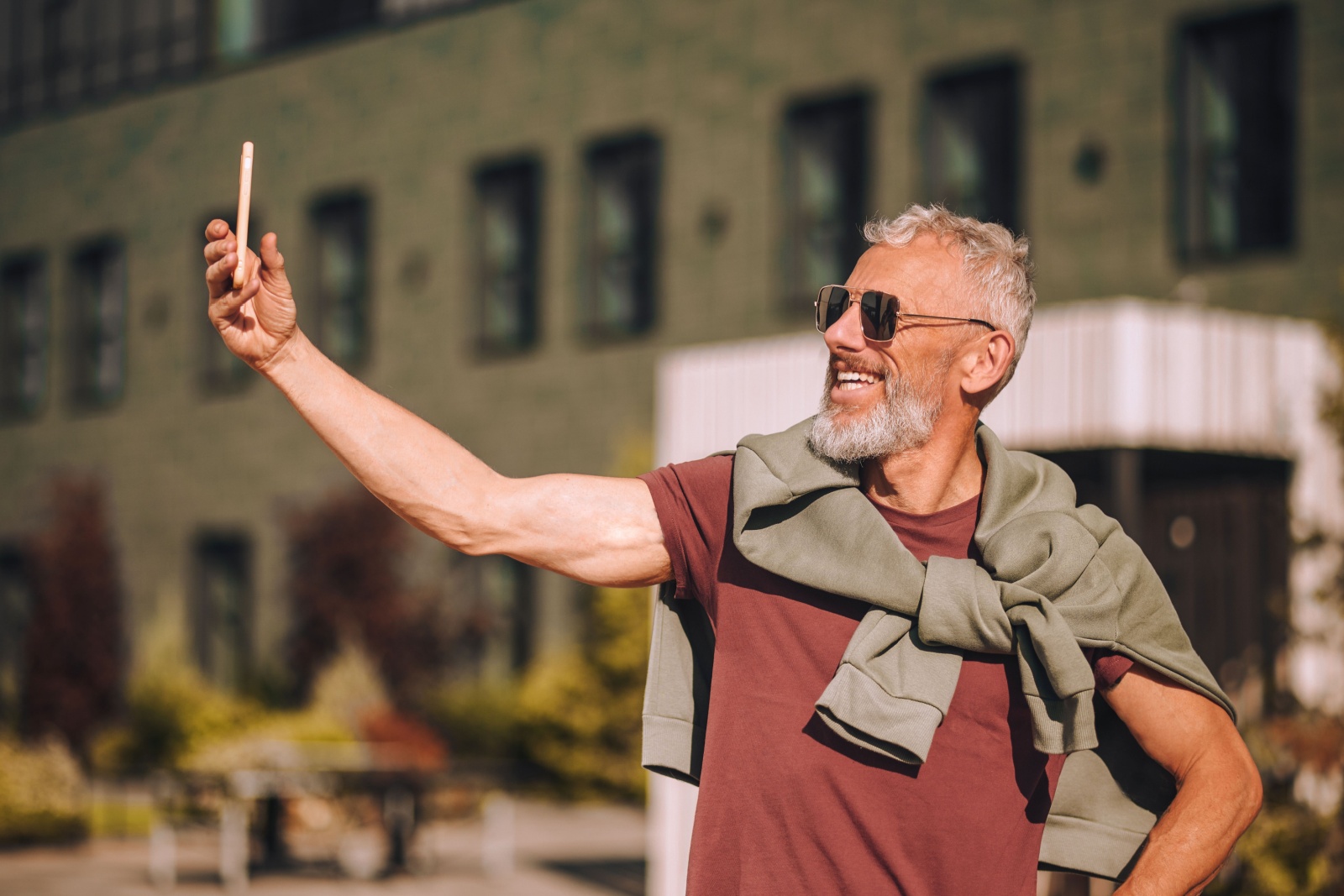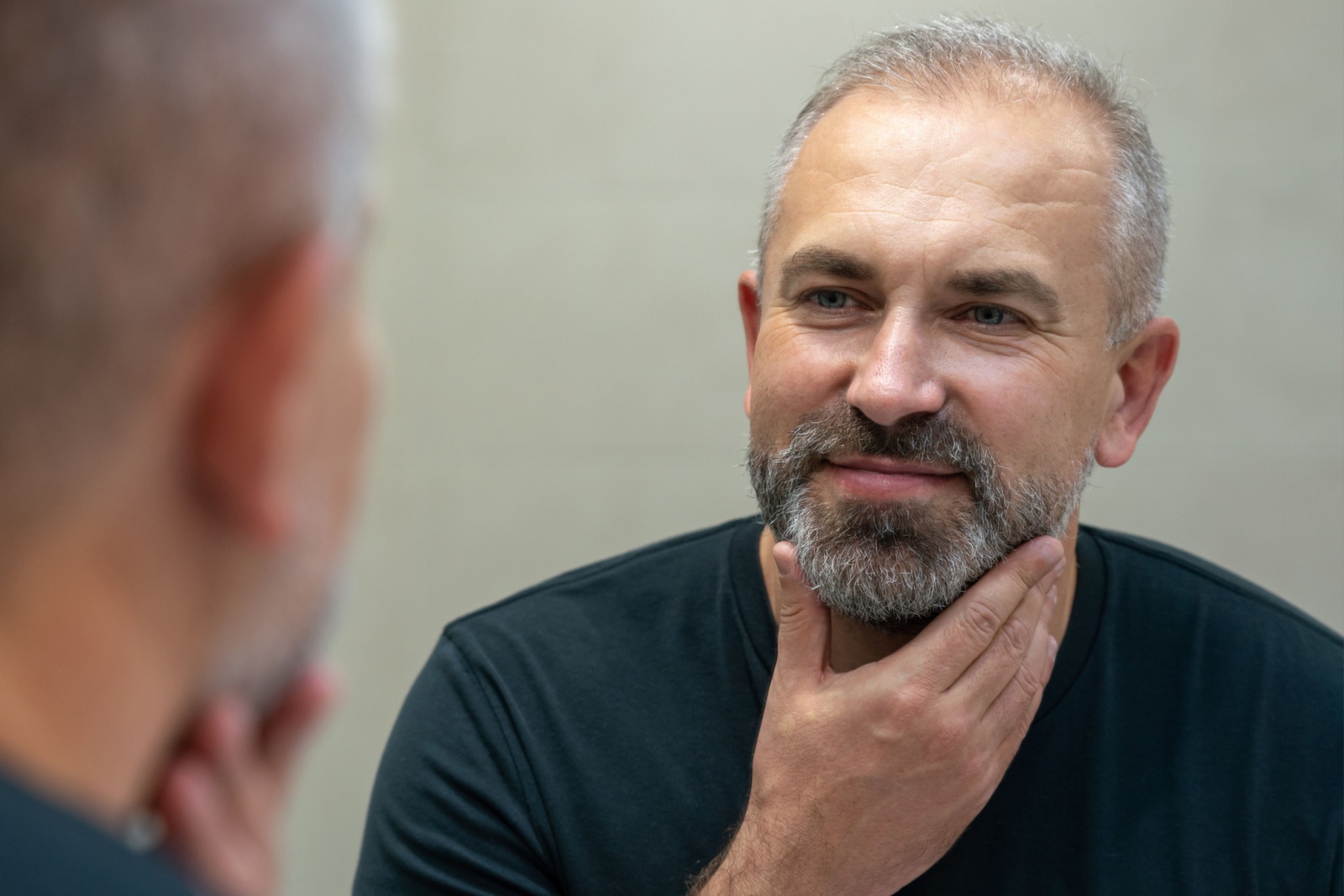Magazine
Biotin and Zinc: What You Need to Know
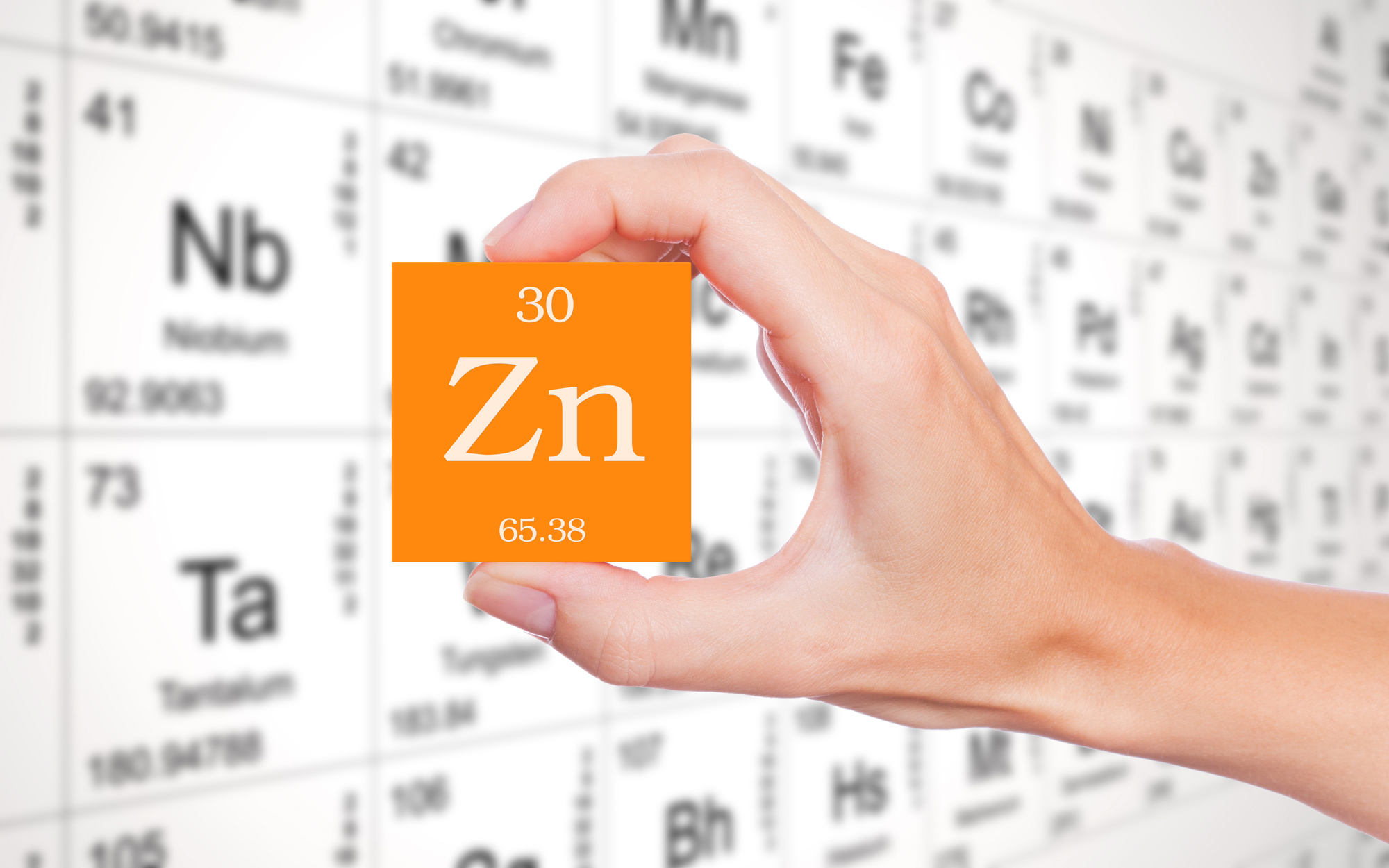
A great head of hair can make a huge difference in your appearance. Taking care of your body, skin, and hair goes hand in hand.
Hereditary hair loss depends on your genes, but lifestyle and environmental factors can play a big part too. There’s a lot you can do to keep your hair healthy and looking its best.
Nutrition is at the top of the list. Biotin and zinc are essential nutrients that can help keep your hair healthy and shiny. If you have thinning or dull, lifeless hair, these hair vitamins may be the perfect solution.
Let’s take a look at the benefits of biotin and zinc for your hair and overall well-being.
Benefits of Biotin
Biotin is part of the “B family” of vitamins and is also known as vitamin H. It’s a B complex vitamin that helps your body convert food into energy.
The word “biotin” comes from the Greek word “biotos.” It means “sustenance” or “life.” Biotin is a crucial nutrient for good health.
It helps keep your hair, skin, eyes, liver, and central nervous system functioning as they should.
You can get biotin from a healthy diet. But getting additional biotin through supplements may promote healthier hair, skin, and nails, and help regulate blood sugar.
Natural Sources of Biotin
Biotin is found in many foods. Some natural sources of biotin include:
- Organ meats (kidney, liver)
- Salmon
- Egg yolks
- Whole grains and cereals
- Nuts, like peanuts, almonds, walnuts, and pecans
- Soybeans and legumes
- Nut butter
- Bananas
- Mushrooms
- Cauliflower
Over-processing can affect the potency of biotin in food and render it ineffective. Low-processed or raw versions of these foods contain more active amounts of biotin and provide the most health benefits.
It’s always important to get nutrients, including biotin, from natural sources. Adding more through supplementation may enhance the health benefits of biotin.
If you’re buying supplements online, do your research first. Make sure you’re choosing quality vitamin supplements from a reputable seller.
Biotin and Hair and Nail Growth
Biotin is a popular beauty supplement. If you don’t get enough biotin in your diet, it can lead to thinning hair, brittle nails, and dry skin.
Getting adequate amounts of biotin in the food you eat or through supplements may may contribute to healthier hair, stronger nails, and softer skin.
Individuals who have a biotin deficiency, those with an alcohol abuse problem, or lactating women can all benefit from taking a biotin supplement. However, you don’t have to have a biotin deficiency to benefit from a supplement.
If your goal is healthier skin, hair, or nails, a biotin supplement or gummie may help. For best results, eat a nutritious diet with plenty of fruits and vegetables and take vitamin supplements, including biotin, for better overall health.
Benefits of Zinc
Besides iron, zinc is the most common element in the body. The role of zinc in the body is vital. Every body cell needs zinc to perform normal chemical reactions.
Zinc helps regulate the immune system. It’s critical for cell function and immunity.
Some of the many health benefits of zinc include:
- Boosts the immune system
- Boosts brain power
- Improves appetite
- Enhances hair growth
- Heals skin
- Improves mood
- Thwarts the common cold
Zinc benefits the body in so many ways. It aids in nearly every function of the body
Natural sources of Zinc
Zinc is found in many common foods, including:
- Lean meats
- Poultry
- Eggs
- Seafood
- Oysters
- legumes
- Nuts
- Soy products
- Wheat germ
- Watermelon
Symptoms of zinc deficiency include thinning hair, acne, stunted growth, diarrhea, loss of appetite, and eye and skin lesions. There’s some indication that weight loss, slow wound healing, mental exhaustion, and an abnormal sense of taste could be due to zin deficiency.
Eating a healthy, balanced diet and taking a zinc supplement is your best bet to ensure you’re getting adequate amounts of zinc for optimal health.
Biotin and Zinc for Hair Health
Although biotin and zinc aren’t considered hair loss treatments, they may contribute to healthy hair growth. Men with hair loss have been shown to have low or subnormal levels of zinc and biotin compared to men without male pattern hair loss.
Although more research is necessary, it’s clear that zinc and biotin are valuable nutrients for healthy hair, nails, and skin. If you’re receiving treatment for hair loss, adding hair vitamins to your treatment regimen may be helpful.
It’s never a good idea to take more of any supplement than is recommended. Supplements are not intended to replace a healthy diet. If you’re concerned you may have a nutrient deficiency, talk to your doctor.
If you’re dealing with hair loss, consult a hair loss specialist. They may be able to provide a diagnosis for your hair loss and prescribe a personalized plan for hair loss treatment. This may include adding zinc and biotin supplements to your daily health routine.
Biotin and Zinc for Better Health
No one wants a bad hair day every day. Your appearance matters to you and that includes having the healthiest hair possible.
There are treatment options for hair loss today that can slow or enhance hair growth. Adding biotin and zinc supplements to your diet may enhance the health of your hair, skin, and nails.
At Particle, our focus is on providing the best products with premium ingredients to enhance men’s health. Let us help you look and feel your very best.
Before you go, take a look at our quality products and supplements for men.
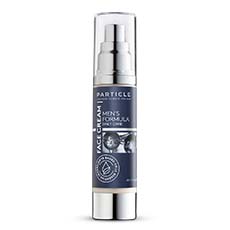
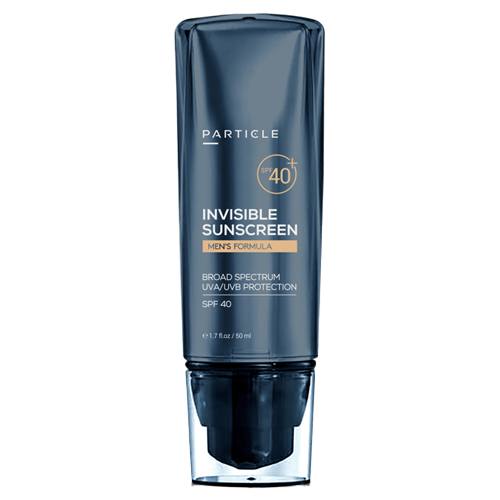
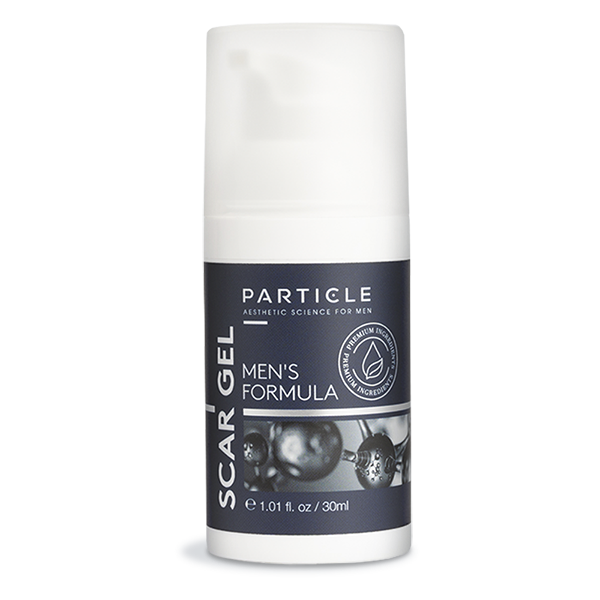
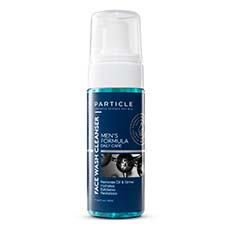
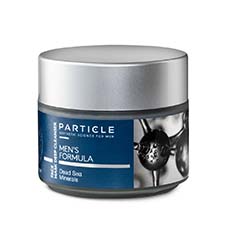
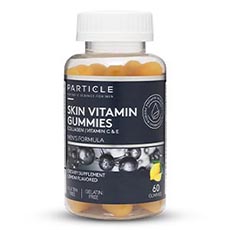
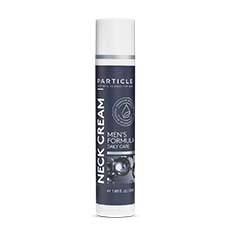
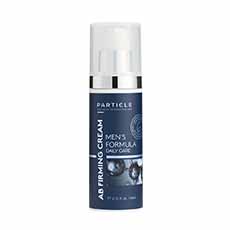
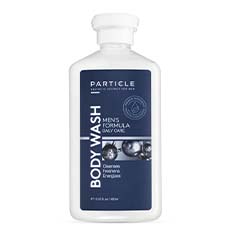
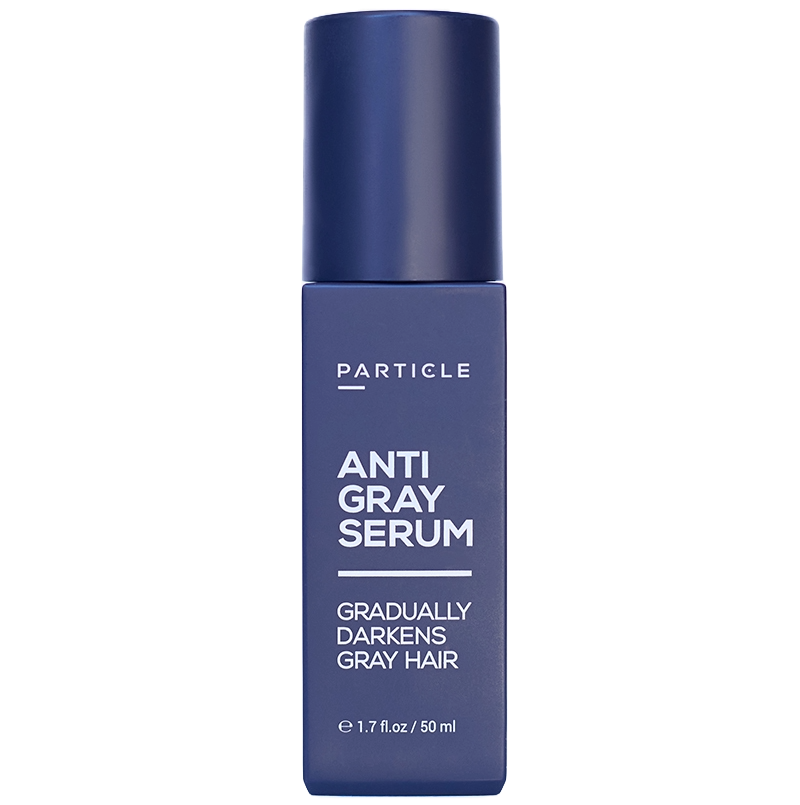
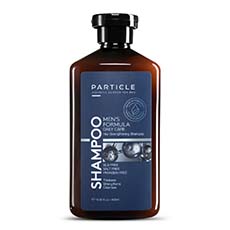
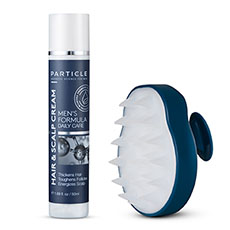
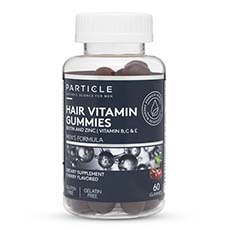
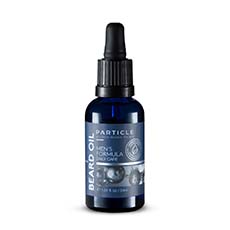
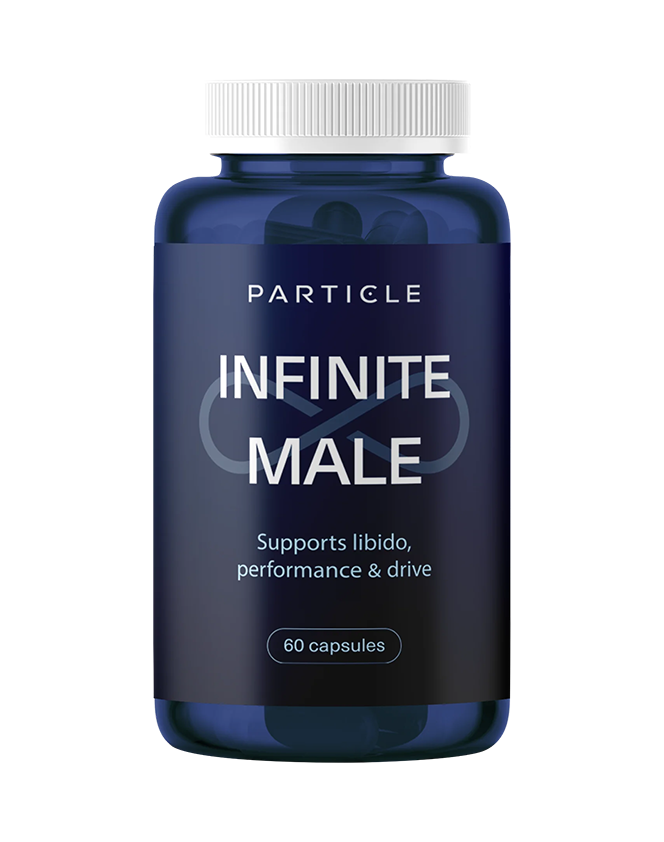
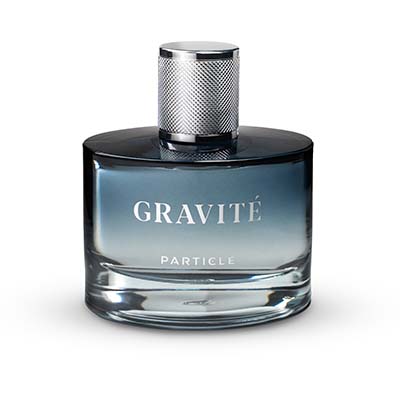

 en
en













